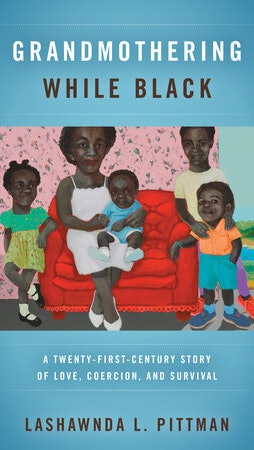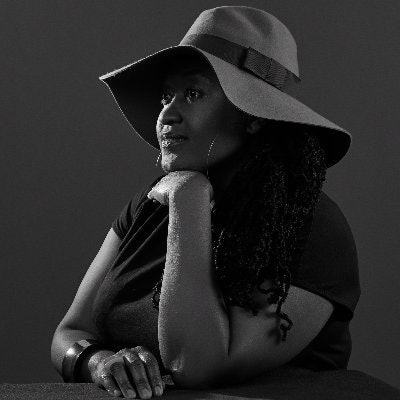As an observant teenager, Dr. LaShawnDa Pittman, sought to understand what she was seeing in her community of Kankakee, Illinois which she described as ravaged by the crack cocaine epidemic and mass incarceration. Her pursuit for knowledge led her to a career in academia where she has devoted her life to centering the experiences of Black women.
“All those kinds of things shaped me in becoming a sociologist,” Pittman said in an interview with Diverse. “And then deciding over time that I really wanted to give voice to these really marginalized experiences and not just give voice, but also help people understand... So many of the women I interviewed felt like they were the only ones experiencing what they were seeing, what they were experiencing and I can come back and say, ‘actually, you're not, and here's kind of maybe why.’ I can even provide knowledge to them about the patterns that I see across all of these different experiences. It's such a gift to be able to give to the community that I care so much about.” 
Pittman’s eagerness of knowledge led her to become an interdisciplinary scholar and educator. She is currently an associate professor of American Ethnic Studies at the University of Washington, Seattle. Her research focuses on the coping mechanisms of Black women who have faced seemingly insurmountable odds.
In her new book, Grandmothering While Black: A Twenty-First Century Story of Love, Coercion, and Survival, she dissects and questions the normalization, romanticization, and pathologizing of Black grandmothers’ caring labor. Through her research, she interviewed over 70 grandmothers, ages ranging from 38 to 83, from the south side of Chicago.
“I inherently am interested in coping among Black women, particularly Black women who deal with insurmountable odds and raising a second and third generation should not be romanticized,” said Pittman. “Yes, these women love their grandchildren. It goes without saying. They're doing this out of deep love. And yet, many would prefer to be grandparenting their grandchildren and not raising them.”
For Pittman, there has been a lack of research when it comes to the women who are spending their lives caring for the next generation. She said that previous research that centers primary care givers within the Black community often gloss over the emotional toll that grandmothers carry when they have to care for their grandchildren. Pittman stresses financial and systemic struggles that have become barriers to these women. Whether it's working through foster care and adoption to legally obtain rights of their grandchildren or being pressured to delay retirement so they may financially support their grandchildren.
“One of the things I think is really important about the book is that because we have this tendency to say, 'this is just what Black grandmothers do,' I wanted to step back and say, what do they want for Grandmotherhood?”
Pittman received her Ph.D in Sociology at Northwestern University and was a visiting scholar at the Institute for Poverty Research at the University of Wisconsin Madison. She was a National Science Foundational Postdoctoral Fellow in the Department of Sociology at Georgia State University.
She is the founder and director of the black digital humanities project – Real Black Grandmothers. This site works as a digital archive of personal accounts, cultural artifacts, living and oral histories that captures the remarkable and diverse experiences of Black grandmothers and their grandchildren from the past to the present.
Alexes Harris, a professor of sociology at University of Washington, said that Pittman’s book is crucial to understanding the complexities of grandparenthood within Black communities.
“I think it's an amazing book that is groundbreaking in the sense that it gives voice to Black grandmothers,” said Harris. "I think when we think about theoretical frameworks like intersectionality, seeing older women who are African American in our society and understanding their experiences with caregiving" is important. She added that Pittman "shines a lot of light on structural inequalities on changes in our economy on how institutions do or do not provide support for families.”  Dr. LaShawnDa Pittman
Dr. LaShawnDa Pittman
Pittman states that her research has changed the trajectory of her life as an academic and as an activist. She came to this subject out of an interest in looking at Black women’s coping experiences in the face of adversity. She walked away from this project as a doctoral student at Northwestern committed to this community. She knew then that she would probably spend the rest of her career looking at this group of people that she had learned to love so much.
“Just the immense love, the immense sacrifice, the hardship, the financial struggle, the impact to their social lives, like what they were giving up,” said Pittman. “The sacrifice was just so big. Like giving up, retiring, giving up being an empty nester, giving up in some cases, intimate relationships with partners who didn't want to be doing this all over again. Giving up their dreams, their hopes. Only love can do that, right?”





















